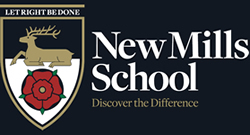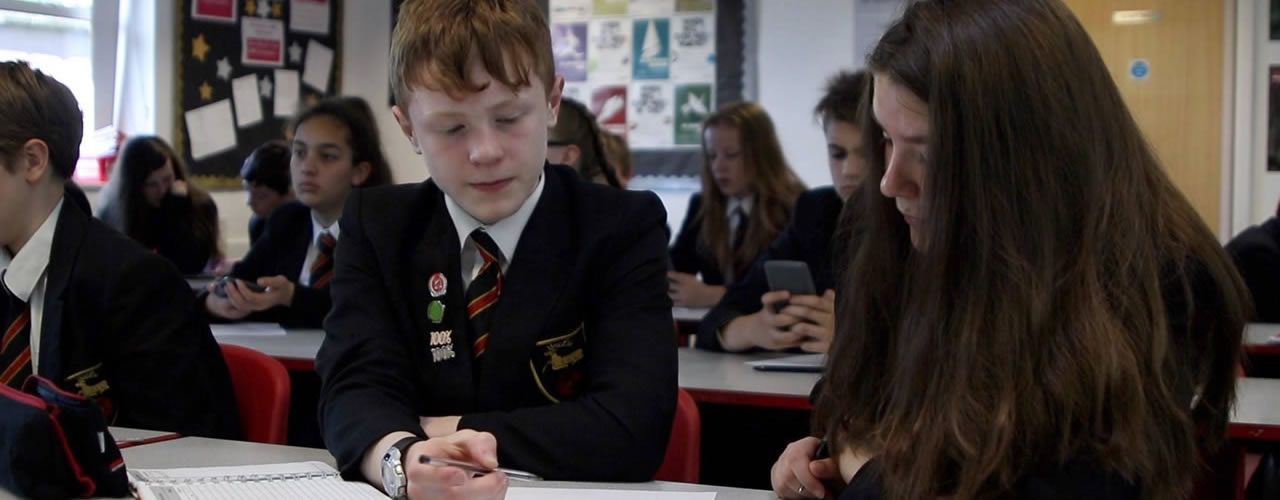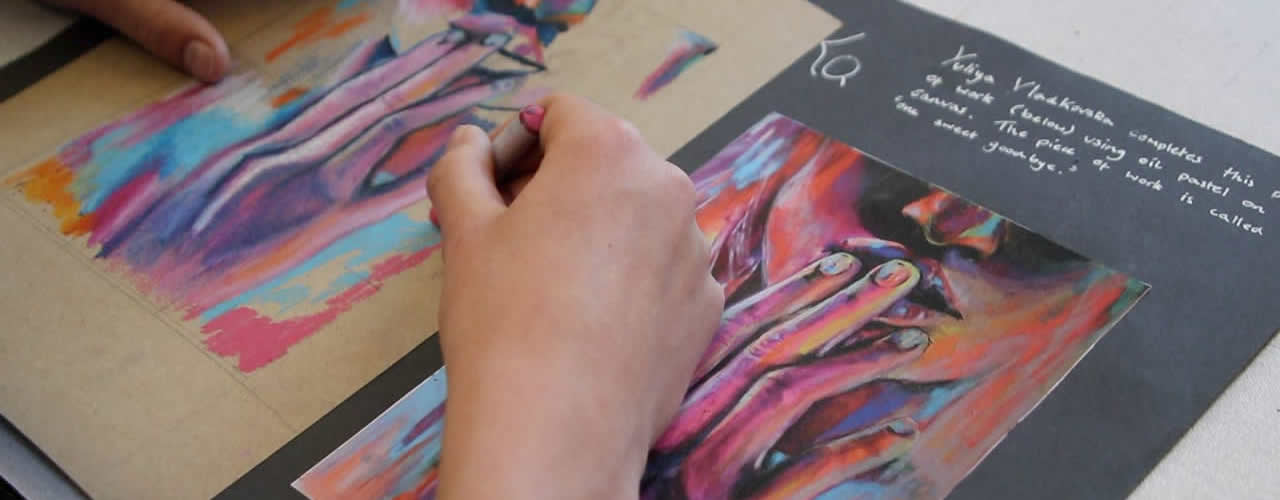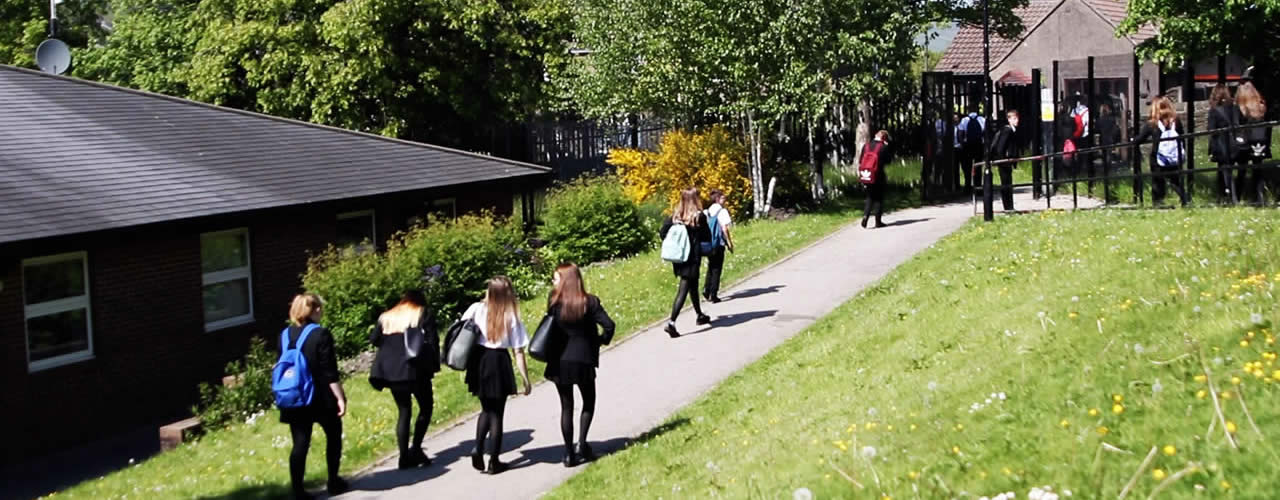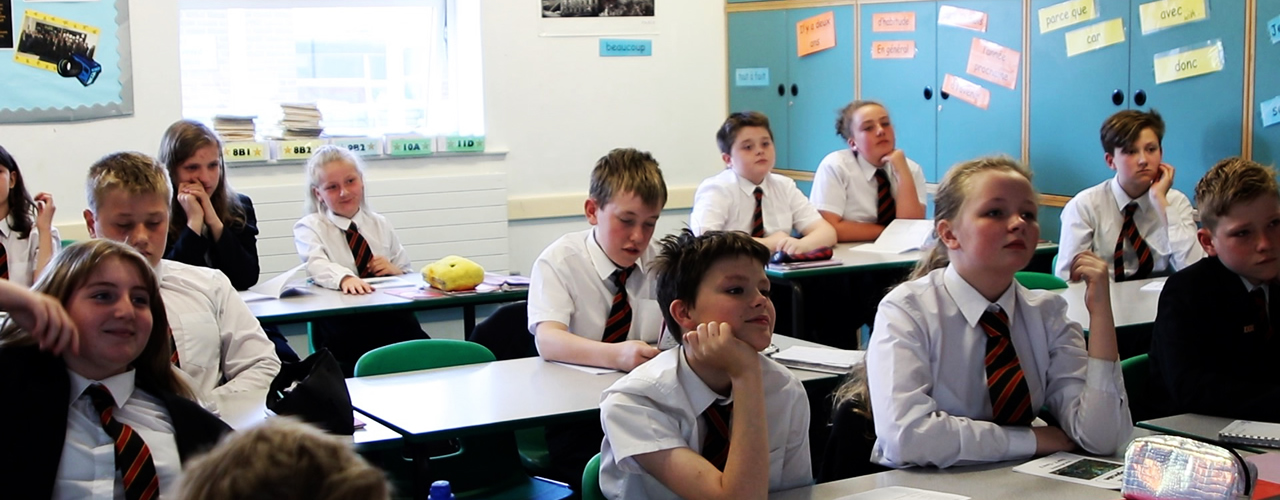SMSC
Subjects in Food and Nutrition and Catering are heavily focused on people - the focus on service to customers and the communication between individuals and as a team – and the relationships that needs to be built for this to work is of high importance. Therefore, catering is a subject which is well equipped to contribute to students’ Spiritual, Moral, Social and Cultural education. In every lesson, students are expected to consider the needs and experiences of themselves and others, or come up with their own personal responses to events or dilemmas which prepares learners to take into account the diverse array of beliefs and cultures that they will encounter every day – both inside and outside of school life.
This subject equips learners with the knowledge, skills, attitudes and values necessary for their futures as citizens as well as professional employees and ensures they, as young people, can be part of a vibrant, cohesive society.
Spiritual Development in Cooking & Nutrition and GCSE Catering
Spiritual education in Cooking &Nutrition and Catering ensures that students achieve their best in a creative and innovative way.
The freedom to adapt recipes and create unique, innovative products excites the students and enables them to ensure that their work reflects their individual personality and creates their own unique twist.
Adapting, making and evaluating products unlocks the creativity of our students and creates a sense of challenge, pride and self-fulfillment.
Year 10:
Students in year 10 when completing their Task 1 Controlled Assessment, are faced with the challenge of researching, choosing, preparing and making a range of food products of their own choice. Students use their creativity to their full potential and are filled with pride when they complete this.
Year 11:
In Year 11 students use their imagination and creativity, as well as reflection on previous experiences to complete their controlled assessment Task 2. They have free choice to prepare and make products in a set time frame, which is challenging, but immensely enjoyable. They learn about the different food choices around the world, as well as the cooking methods
Moral Development in Cooking & Nutrition and Catering
In Cooking & Nutrition and Catering we seek to develop a moral conscience in our students through working with key moral issues surrounding the sourcing, preparation and cooking of food.
We encourage students to work with one another as a team, particularly with others that they may not ordinarily work with to complete activities and to guide each other on topics such as presentation, safety during preparation and cooking and storage of food.
This prepares the students for the world of work in which they will have to communicate and work with a diverse range of people.
Students are taught how to keep themselves, as well as others safe when using equipment which may pose a danger or when cooking food for themselves and their families.
Students gain an understanding of the moral dilemmas surrounding food that we as a society must take into consideration, including animal slaughter and health, hygiene and safety. Students are taught that is the passion of the chef to ensure that food is served to a high standard, but that they have a moral responsibility to ensure that food served is safe to eat.
During practical lessons, students are taught to be resourceful and encouraged to reflect on the impact they, as consumers, have on the environment.
Year 10:
In the meat unit, students discover how meat is raised and prepared for slaughter. They reflect on their own feelings and emotions about this and debate the positive and negatives of the meat production process. They reflect on their own opinions of this and consider reasons why some people make the life choice to become vegetarian and issues surrounding animal welfare.
Year 11:
Within the sustainability unit, students investigate the wastage that occurs in the catering industry. This includes natural resources such as energy and water, as well as food wastage that occurs in the food sector. Students then are taught how to be sustainable in their own lives in relation to the 6 R’s – reduce, reuse, recycle, rethink, refuse and repair, in order to save resources and maintain a healthy, sustainable environment. Students gain a sense of ownership and responsibility of this learning when shopping for food for their practical ingredients which empowers them to make sustainable choices.
Social Development in Food & Nutrition and Catering
Social Development and education is a key focus in Food & Nutrition and Catering, looking at how students will develop and mature into young, professional adults.
Lots of opportunities are provided to enable students to develop team working skills and to take responsibility for their own learning.
The students are taught effective communication through collaborative learning, both during theory and practical lessons – this includes both peers and adults – and are encouraged to have positive interactions with one another. Students peer and self assess work, constructive feedback is taught.
Students are encouraged to consider the social responsibility of the food industry including food choice, issues surrounding food and packaging, as well as wastage. They take part in debates, thinking about these types of issues as well as the benefits and drawbacks of scientific and technological issues in the food world, such as GM foods.
Students are taught to possess self-regulation and teach and remind this to others around them to establish a safe and positive working environment.
Year 10:
In the health and safety unit, year 10 students are taught how to work safely and hygienically in the kitchen environment. They are taught how to use equipment properly as well as to store, prepare and cook food to a safe standard using controls such as HACCP and the use of the temperature probe.
Year 11:
All year 11 students are encouraged to work together to discover and learn. They are encouraged to work as a team, particularly during practical lessons, to ensure they produce high quality outcomes and guarantee professionalism in the kitchen. They are encouraged to communicate effectively with each other and other adults in a positive and professional manner. This is learned through the communication and record keeping unit which demonstrations the importance of effective communication in the catering and hospitality industry for all employees to create the best service they can for the customer.
Cultural Development in Food & Nutrition and Catering
Cultural education is intrinsic in Food & Nutrtion and Catering, it is a multi-cultural industry offering a variety of ingredients, dishes, ideas and cooking methods from around the world.
Cultural education in Catering involves looking at the values, traditions and beliefs of different groups of people, communities and nationalities and reflecting on this. They are challenged to compare this to their own beliefs and cultures and explain why and how these are different.
Within the subject, students have the opportunity to investigate various types of food from around the world. Key terminology at GCSE is used in French. They taste test foods from around the world, as well as research, design and make products and dishes from foreign countries using a variety of multi-cultural cooking methods, processes and techniques.
Year 10:
In the meat, fish and bread units Year 10 students have the opportunity to produce products from different cultures and use ingredients from around the world. For examples, the produce curries, sweet and sour pork, choux pastry and Irish soda bread. They use various cooking methods including stir frying, poaching and grilling.
Year 11:
Year 11 students complete their controlled assessment task on creating a two course meal for international week. They research, investigate and make products from a country of their choice, looking at international cooking methods and foreign ingredients. Students use key French terminology when producing their time plan to aid them during their practical assessment.
Catering enables year 11 students to understand cultural diversity by exposing them to different attitudes, values and traditions of other cultures, including religious and non-religious ones when they examine food choice and the factors behind this. Students reflect on their own identity and reasoning behind their own culture, traditions and beliefs.
When studying service in the restaurant industry, they are exposed to customers from a diverse background and learn to communicate effectively with people from different countries and cultures and take into consideration their particular dietary needs.
